Facebook and Evidence of Genocidal Intent: Myanmar and the Rohingya
Will Facebook posts be used by the International Criminal Court to prove genocidal intent in the near future? In the case of certain Myanmar military officials, the answer is a resounding yes. For the past several years, Facebook has served as a key space for government officials to disseminate hateful misinformation about Myanmar’s minority Rohingya population. Since August 2017, an estimated 700,000 Rohingya, 70 percent of all Rohingya in Myanmar, have fled persecution in the northern Rakhine province. The Rohingya Muslims make up the largest percentage of Muslims in Myanmar, a predominately Buddhist country. The Myanmar military’s massive propaganda campaign camouflaged its damning content targeting Rohingya by layering it into false celebrity and fake news pages on Facebook.
The New York Times has reported that some 700 people are responsible for spreading the violent propaganda.[i] Although Facebook shutdown 52 pages and blocked 18 accounts from its site in August 2018, the propaganda machine is still up and running and drawing in over a million users on Facebook.[ii]
While the use of Facebook to spread misinformation and incite genocide is disconcerting, it is not surprising. Genocidal regimes continue to make use of whatever medium best supports their aims. In Nazi Germany, for example, Joseph Goebbels (Germany’s Reich Minister of Propaganda and Public Enlightenment) wielded enormous influence over the German public by disseminating antisemitic content through film, radio, theater, and the press.[iii] During the Rwandan Genocide, Ferdinand Nahimana and Jean-Bosco Barayagwiza mobilized Radio-Télévision Libre des Mille Collines (RTLM), a key radio station in Rwanda, to incite violence and organize killings of Tutsis. During the Darfur Genocide, the government issued a Jihad to incite genocide against Darfuris.
In all of the examples thus far mentioned, the men have either been tried or charged with committing genocide and/or crimes against humanity and the propagandized content they disseminated has supported the charges levied by international criminal courts.The United Nations has recently announced its intent to investigate the actions of top military commanders in Myanmar so that they can be prosecuted “for the ‘gravest’ crimes against civilians under international law, including genocide.”[iv]
When these trials are finally held and the perpetrators are forced to face their crimes, Facebook posts will likely help support the prosecutors’ charges. Importantly, the Myanmar military’s Facebook campaign will help prove the crime of genocide, which hinges on the ability to prove the “intent” to kill, in whole or in part, a national, ethnic, religious or racial group. While other crimes, such as Crimes Against Humanity and War Crimes can be proven by examining one’s actions, “intent” is a far more slippery crime to prove. Thus, we can expect that when The International Criminal Court finally tries Myanmar’s propaganda leaders, their Facebook campaign will be considered as evidence of genocidal intent.
[i] Paul Mozur. "A Genocide Incited on Facebook, With Posts From Myanmar’s Military.” The New York Times (October 15, 2018): https://www.nytimes.com/2018/10/15/technology/myanmar-facebook-genocide.html.
[ii] Hannah Ellis-Petersen. “Facebook removes accounts associated with Myanmar military.” The Guardian (August 27, 2018): https://www.theguardian.com/technology/2018/aug/27/facebook-removes-accounts-myanmar-military-un-report-genocide-rohingya.
[iii] “Ministry of Propaganda and Public Enlightenment.” United States Holocaust Memorial Museum: https://encyclopedia.ushmm.org/content/en/article/ministry-of-propaganda-and-public-enlightenment.
[iv] “Myanmar military leaders must face genocide charges – UN Report.” UN News (August 27, 2018): https://news.un.org/en/story/2018/08/1017802.


